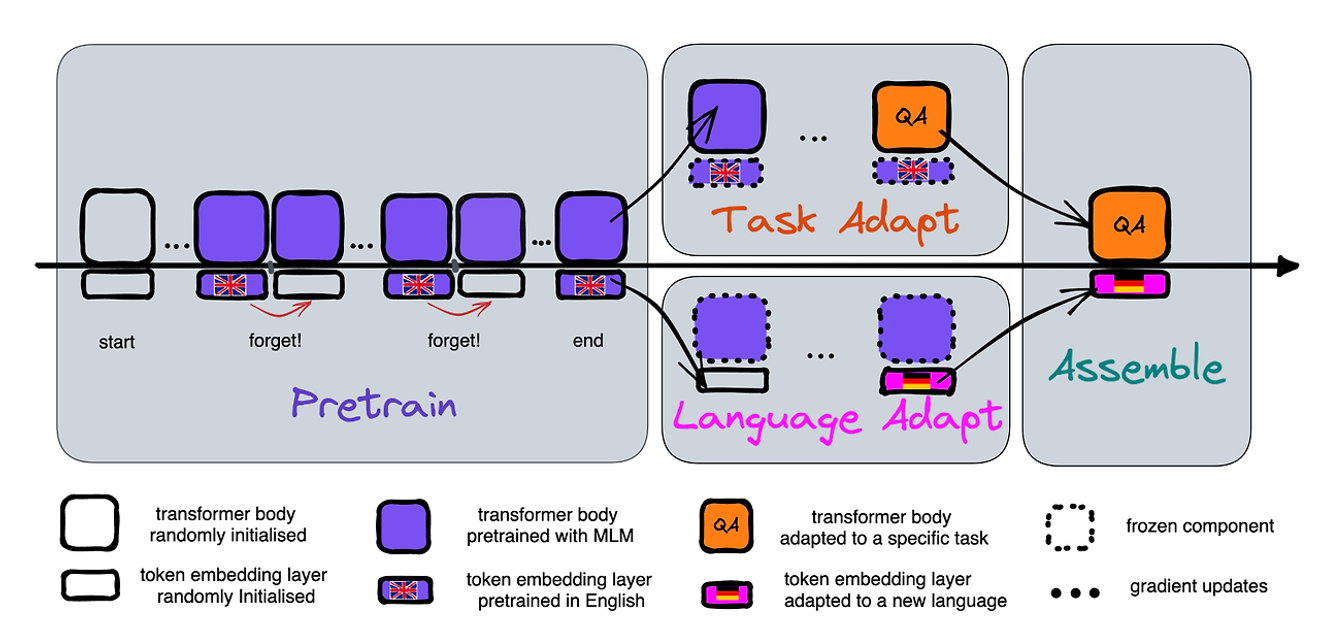A study published last July revealed that forgetting, often perceived negatively in our lives, can significantly enhance AI learning capabilities. This not only challenges our traditional understanding of learning and memory but also offers a unique perspective on how AI might influence our physical and cognitive environments. Artificial neural networks, which power most of today's cutting-edge AI systems, mirror the intricate neuronal networks of the human brain. These systems begin by processing information in a seemingly random manner and, through learning, refine the flow of data to enhance performance and comprehension.

However, this inherently requires significant computing resources, leading to inefficiencies where the entire process must be restarted if adjustments are needed mid-way. But this study's approach of selective forgetting showed that by erasing past key information during the learning process, overall computing power could be utilized more efficiently, reinforcing the idea that forgetting is not a flaw but a feature that enhances efficiency and adaptability.
In the digital age, our human bodies are increasingly interconnected with technologies, from wearable devices that monitor our health to smartphones that expand our cognitive abilities. We see too many things through our smartphones. The opportunity to observe someone's life moments is named content, and we have gained the right and opportunity to record many of our personal things within digital platforms.
However, we are aware that the vast amount of personal information that is endlessly recorded can become a burden or an indelible mark that we wish to erase but cannot, leading us to establish new memory systems. This constant flow of information provides unprecedented access to knowledge but also presents challenges to our mental and physical well-being. Therefore, the concept of forgetting can be a crucial benchmark for managing this digital overload and prioritizing and processing the immense volume of data we encounter daily.
From a neuroscience perspective, forgetting is generally considered a flaw in our memory system. For neuroscientists, forgetting was simply a target to fight against with all their might. However, from the perspectives of neurobiology and computer science, forgetting is not only a normal process but also beneficial for our cognitive abilities, creativity, emotional well-being, and social health.
In his book, "Forgetting and Freedom," philosopher Kang Shin-joo argues that forgetting should not be understood as a form of idiocy or mere memory impairment. Instead, he suggests that forgetting represents a proactive force of transcendence for humans who tend to dwell in the past, signifying a fierce struggle. From his perspective, forgetting is interpreted not as loss but as an essential process for happiness, hope, and living in the present. Humans are inherently self-centered to a relentless degree, and only by going through a process of emptying can they have the opportunity to encounter others. Therefore, his argument that forgetting can be another form of robust health reveals more than one might initially expect.
As AI becomes integrated into our daily lives, we will increasingly reconsider our relationship with our bodies in various aspects. The similarity between the efficiency of forgetting in AI systems and its benefits for human cognition represents another process of understanding the subtle ways technology reshapes our physical and mental landscapes. In the scientific field of AI creation, accepting the paradox of forgetting has brought about unprecedented innovation. Then, how can we apply this same paradox of forgetting to our bodies that have provided us with the concept and role of forgetting and understanding? A question seems necessary.
References
Forgetting and Freedom
Comments0